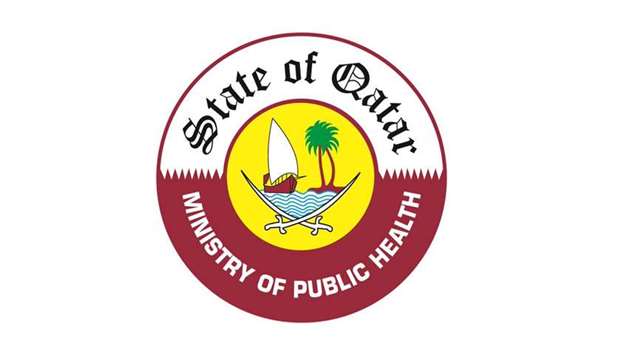Skin cancer is the uncontrolled growth of abnormal skin cells. It occurs when unrepaired DNA damage to skin cells (most often caused by ultraviolet radiation from sunshine or tanning beds) triggers mutations, or genetic defects, that lead the skin cells to
multiply rapidly and form
malignant tumours.
There are two main kinds of skin cancer: melanoma and non-melanoma. In Qatar, non-melanoma skin cancer is ranked 6th and 9th amongst the most common cancers in male and female respectively according to 2015 Annual Report of the Qatar National Cancer Registry at MoPH.
The risk factors include an excessive sun exposure which is harmful to the skin. The best way to protect against melanoma is to avoid getting too much sun.
The joint efforts of Qatar’s healthcare partners focus on encouraging the public to limit sun exposure between 10am and 4pm; protect skin with clothing (including hats and UV protective sunglasses); keep babies and young children out of direct sunlight. These will reduce their risk factors and aid in leading a healthier life.
Catherine Gillespie, director of the National Cancer Programme, said that “the skin cancer awareness activities serve as a good reminder of the steps we can all take to reduce our risk of developing this disease”.
Dr Nazeeha Ahmed M H Alhayki – chair, Skin Cancer Multidisciplinary Team, HMC noted, “Prevention of melanoma and non-melanoma skin cancer needs to begin in childhood by reducing sun exposure, tanning and the regular use of sun block. Performing a regular self-examination can alert you to any changes in your skin and aids in early detection of skin cancer; as if you can spot it you can stop it!”.
“Skin cancer is a disease that affects people of every age, gender and ethnicity. Most cases of skin cancer are associated with exposure to ultraviolet radiation from the sun; therefore, to help prevent skin cancer, wear sunscreens year-round and wear protective clothing. If you notice any changes to your skin, you must consult with your family physician by calling 107 for an appointment at the health centre,” highlighted, Dr Shaikha Abu Shaikha, manager of Screening Programmes at PHCC.
“QCS launched a campaign to raise awareness about skin cancer in June to emphasise the importance of precautions when exposed to sunlight. There are more risk factors for skin cancer including chemicals exposure especially at workplace, such as arsenic, industrial tar, coal, paraffin and certain types of oil,”added, Nour Makkia, health educator, QCS.

